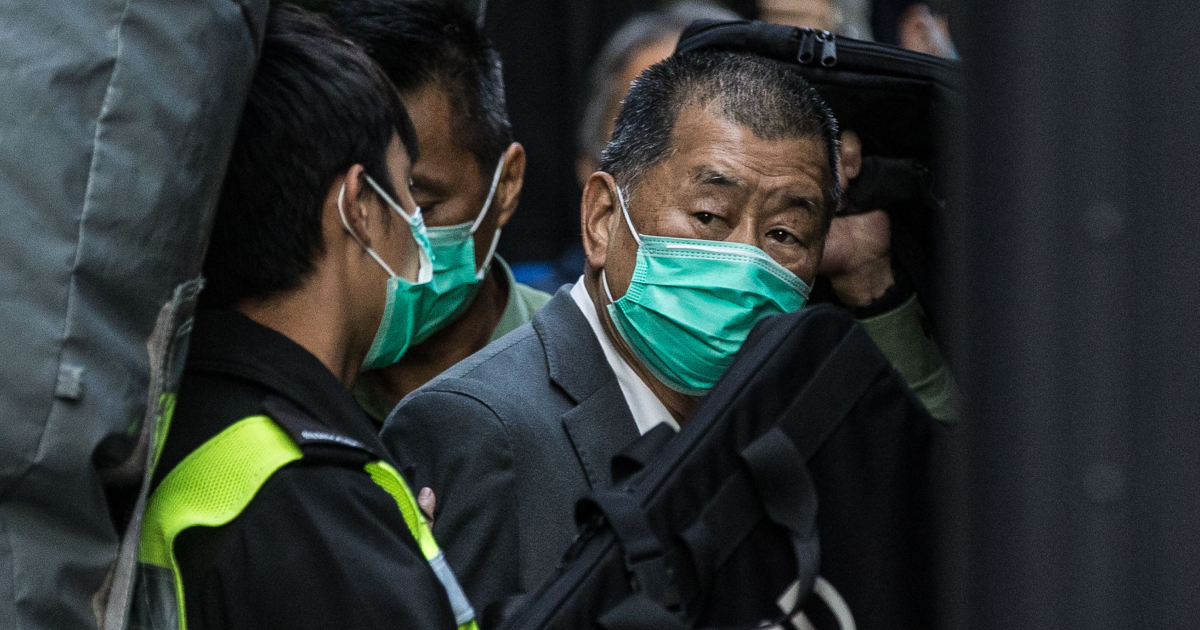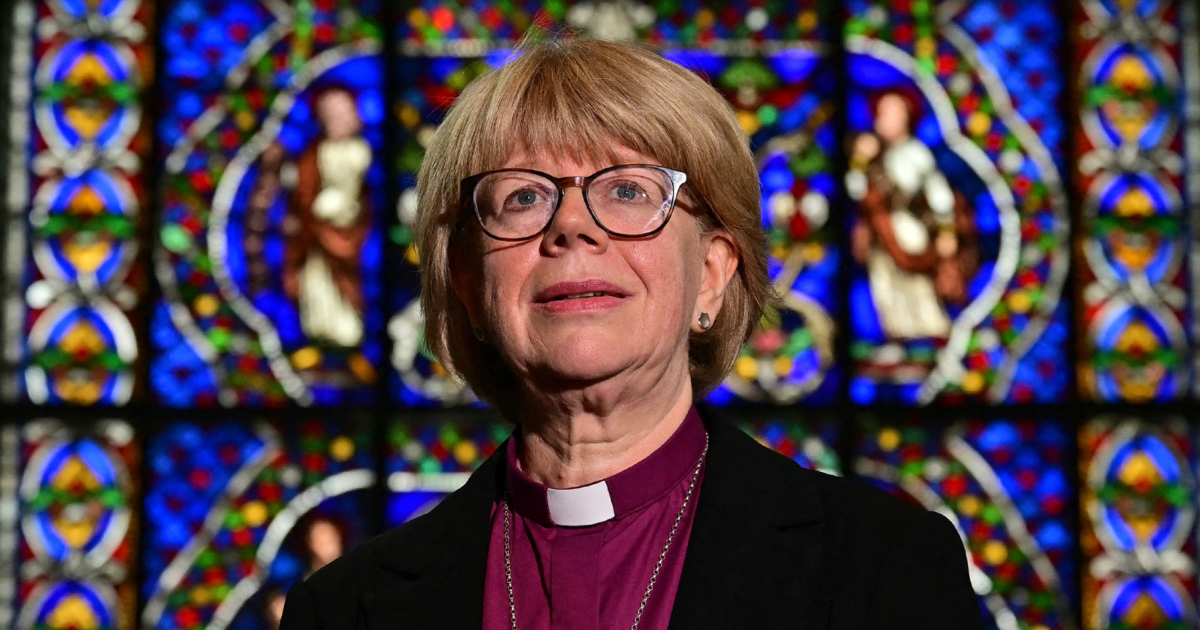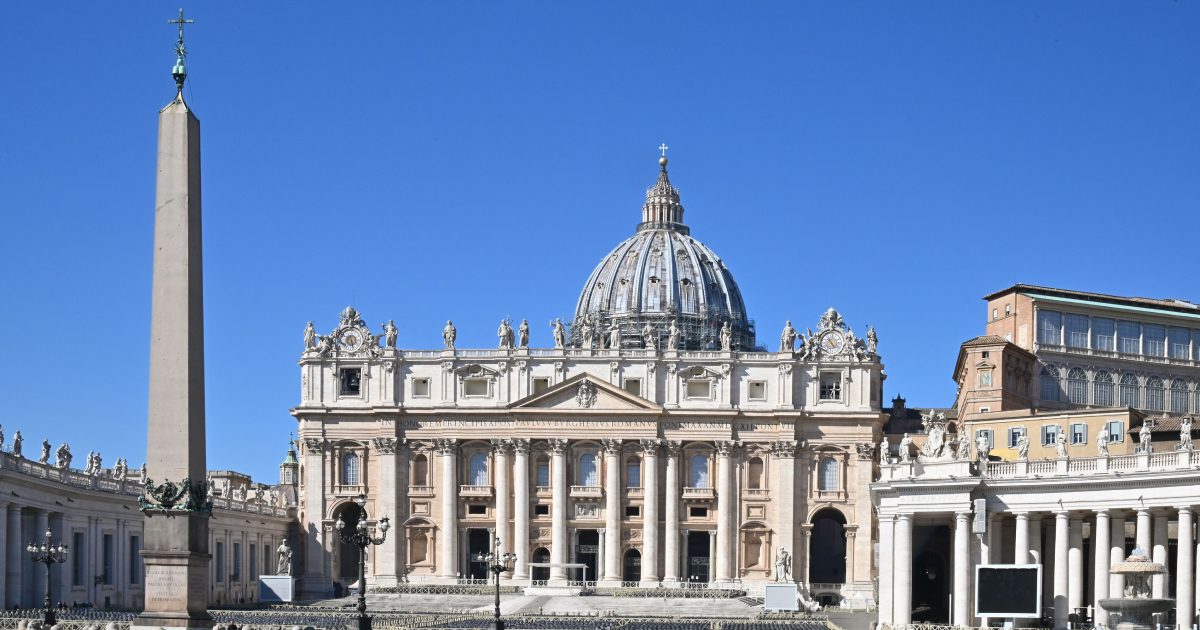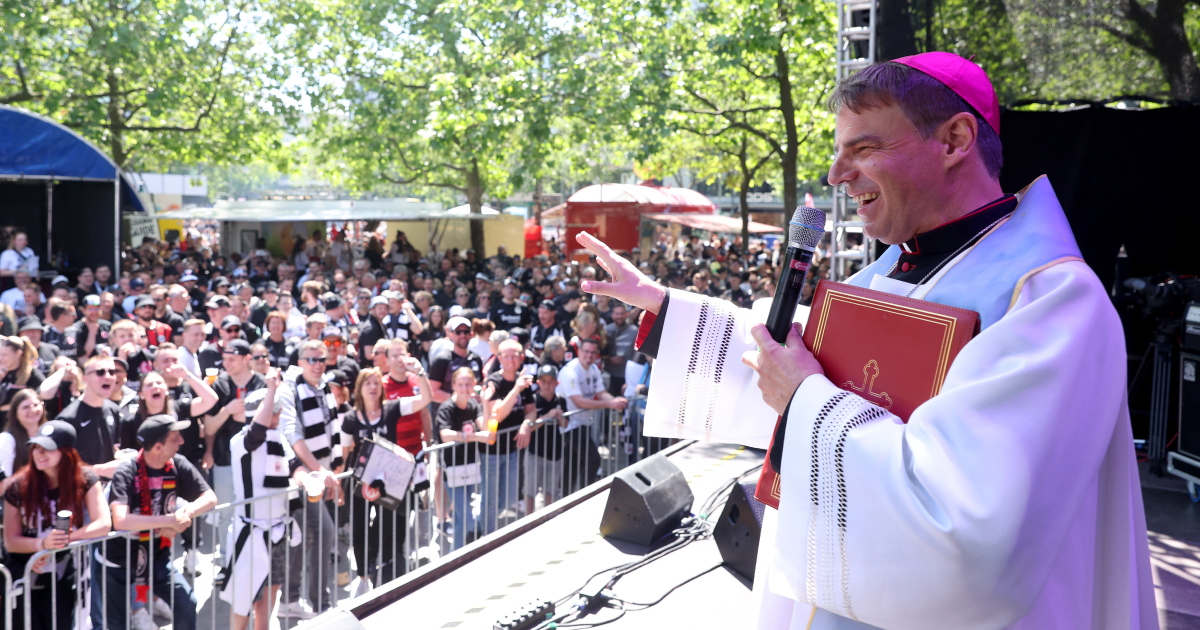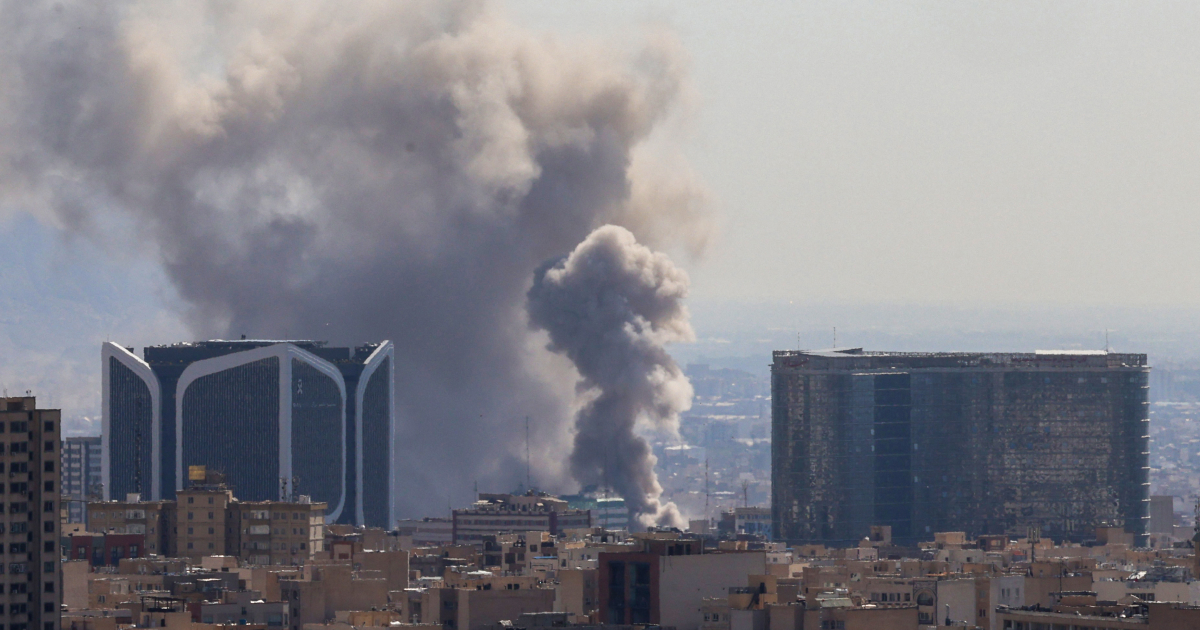A report published by the news site InfoVaticana has claimed that Opus Dei, one of the most influential institutions in the modern Church, is on the brink of a major internal rupture.
The site alleges that new statutes, said to be awaiting imminent approval by the Holy See, will dismantle the existing structure of the Work founded by St José María Escrivá and replace it with three distinct juridical entities.
According to InfoVaticana, the reform will divide Opus Dei into a clerical prelature composed only of its incardinated priests, a renewed Priestly Society of the Holy Cross for diocesan clergy, and a separate public association of the faithful for lay members.
The prelate, who has until now exercised spiritual and practical authority over the entire institution, would allegedly retain jurisdiction only over the clergy. The laity — numeraries (celibate members), associates, supernumeraries and cooperators — would fall under their own independent body, governed by new statutes and outside the prelature’s hierarchy.
The leaked information given to InfoVaticana suggests this would amount to a definitive end of the “unity of spirit and government” central to St José María’s vision. Quoting unnamed Vatican and Opus Dei sources, InfoVaticana claims that the changes reflect a desire to “restore order” after decades in which Opus Dei had allegedly acted like “a Church within the Church.”
Within Rome, the Holy See is said to frame the reform as a technical adjustment to the 2022 motu proprio Ad charisma tuendum and the revised Code of Canon Law. But observers close to the Vatican reportedly see the move as a decisive shift, bringing Opus Dei into line with new canonical norms and curbing its influence in the Curia and beyond.
Inside Opus Dei itself, InfoVaticana describes an atmosphere of silence and unease. Members are said to have been instructed not to comment until the decree is officially published, though some are allegedly expressing private concern that the reform changes “the very essence” of the institution. Others, according to InfoVaticana, interpret the development as a test of fidelity and maturity, while admitting that “Opus Dei as we knew it will disappear.”
In response, the Opus Dei Communications Office issued a brief unsigned statement on 11 October, describing InfoVaticana’s article as “an opinion piece based on anonymous sources and signed with a pseudonym.” The statement confirmed that a proposal to reform the statutes was submitted to the Holy See in June but insisted there were “no new developments.” It also expressed regret that “unverified rumours” had caused concern among members.
If confirmed, the alleged reform would mark the most significant transformation in Opus Dei’s history since it became a personal prelature in 1982.
Related: Vatican announces changes to canon law which may affect Opus Dei








